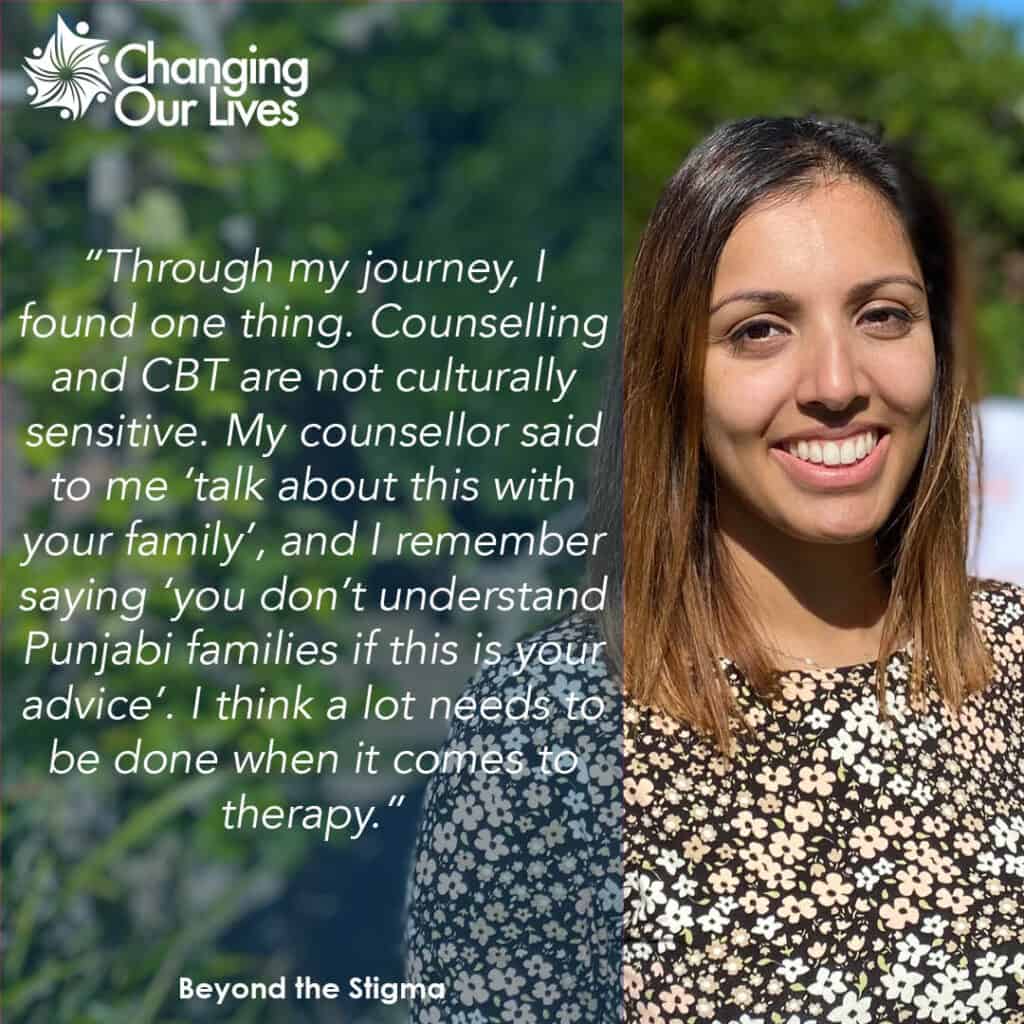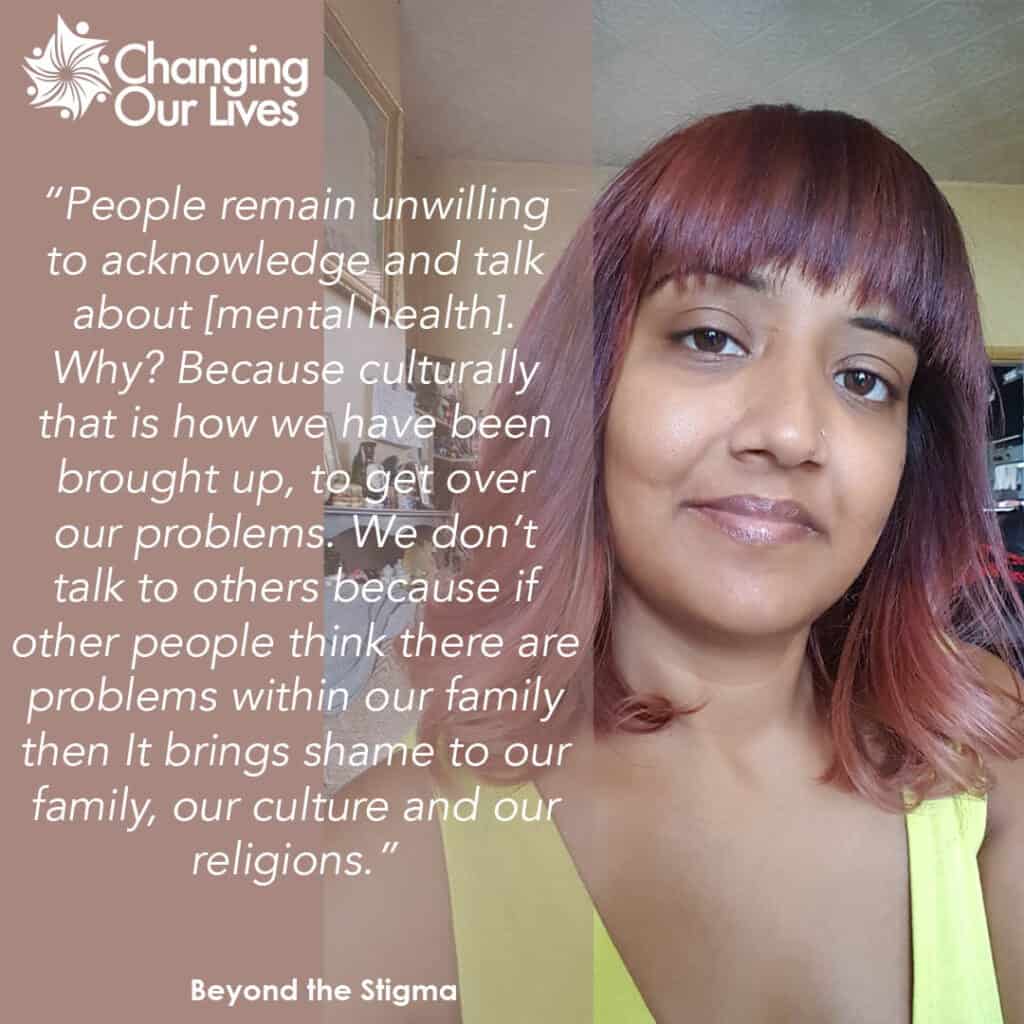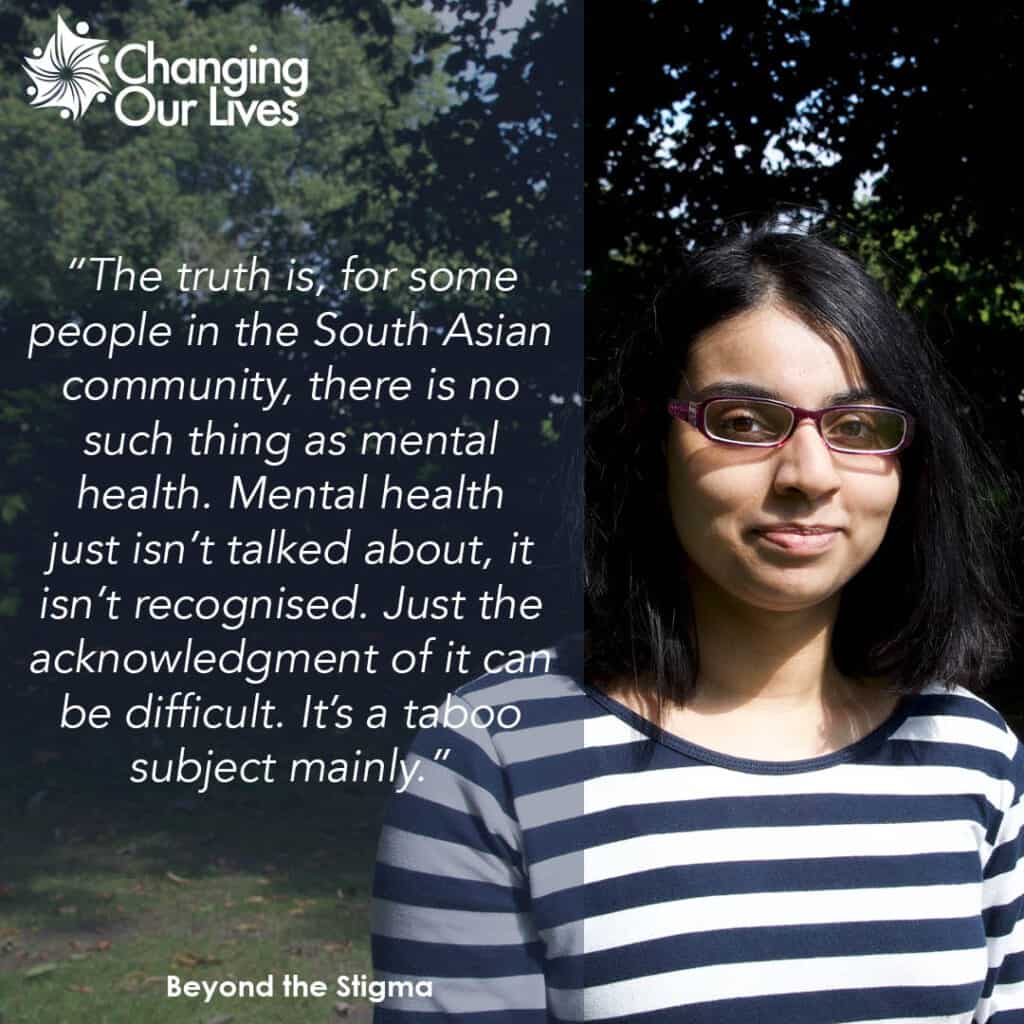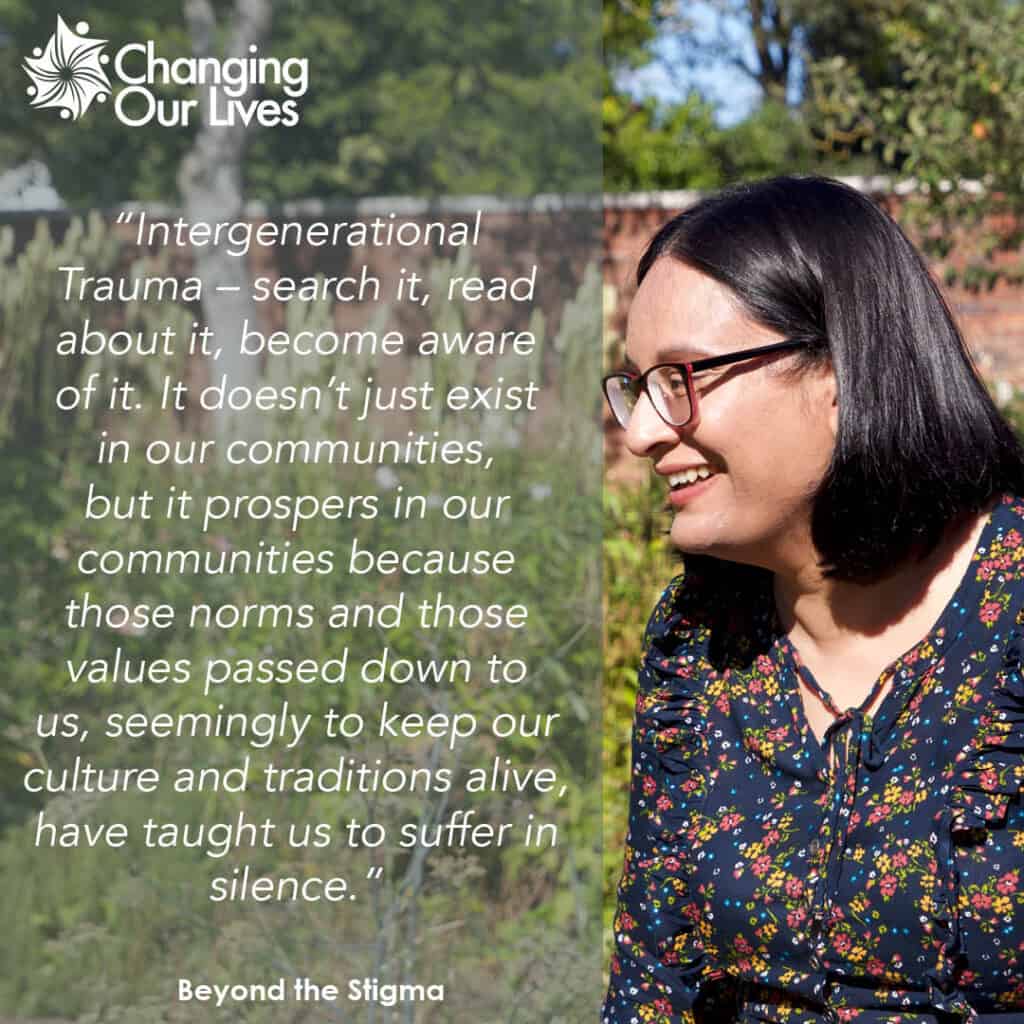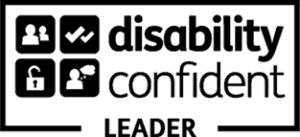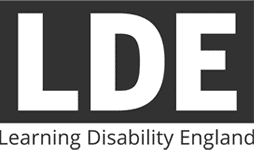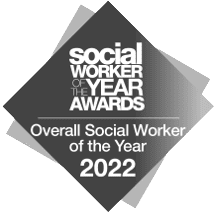We work in coproduction with individuals and communities to campaign on issues of inequality and injustice.
We campaign in coproduction with people experiencing the issue we are tackling, as we know from experience that often the closer you are to the issue, the closer you are to the solution.
Chai, Mithai and Challenging Myths
Throughout our years working alongside disabled people from minority ethnic communities, a common problem that people have raised is a lack of shared language.

This can mean that diagnoses and terminology having no direct translation in a different language. Sometimes the challenge is bringing together a person’s deeply held religious beliefs with new knowledge about disability rights from the perspective of a disabled person in their family or community.
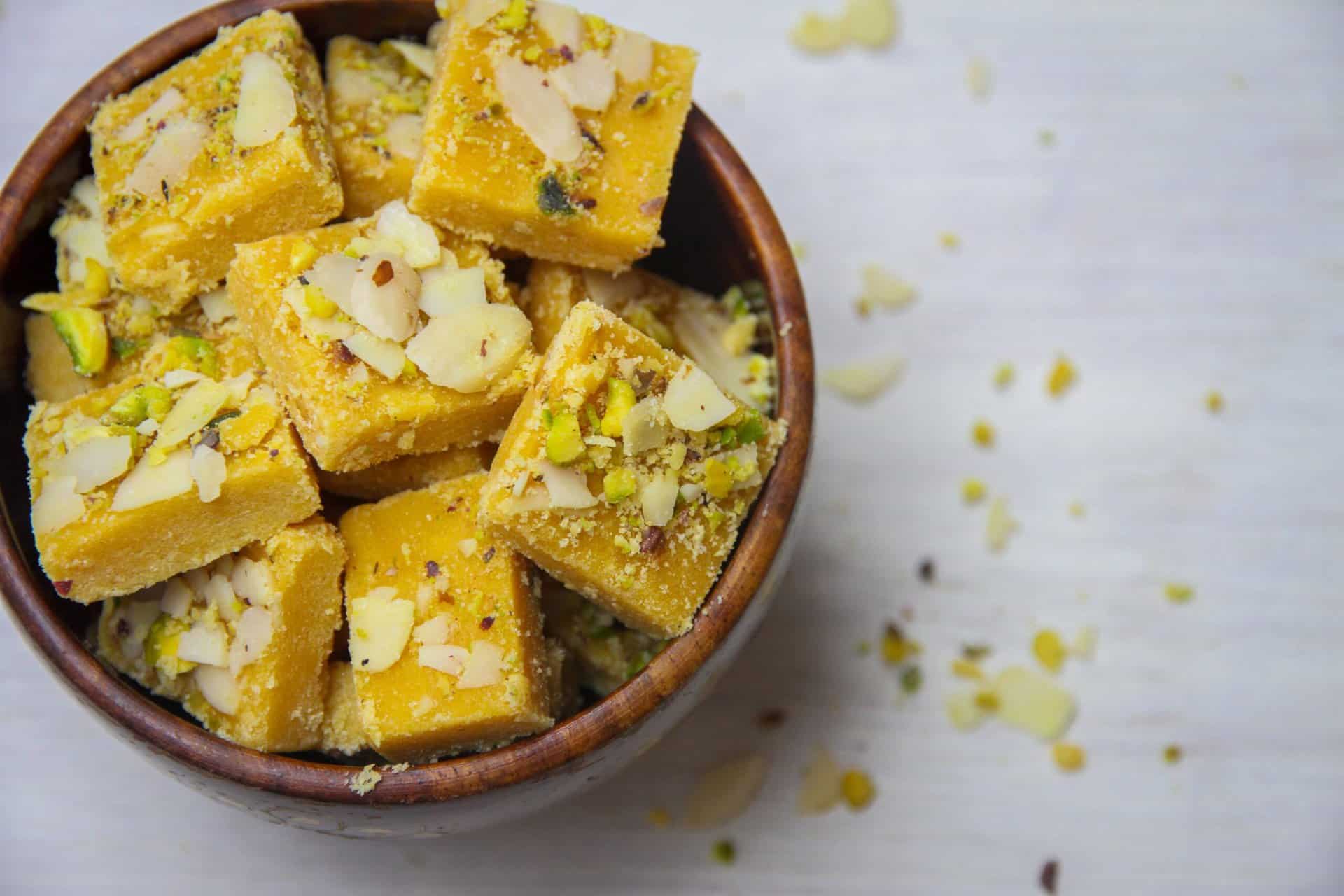
In an increasingly polarised world, it is easy to see misunderstandings and cultural myths as fundamental differences that divide communities. Chai, Mithai and Challenging Myths aims to break down some of the barriers and open up conversations in a safe, respectful and welcoming space.
Using tools such as our Ordinary Life in Translation books, our pilot project involves South Asian disabled people and family carers hosting conversations with the wider South Asian community about disability rights, over chai and mithai.
Beyond the Stigma
Beyond the Stigma is an ongoing stream of work that challenges and raises awareness around mental health taboos in the South Asian community.

The first phase of Beyond the Stigma took place in 2017, in an area of Walsall where 95% of residents are Muslim. We used poetry as a medium to facilitate discussions about mental health with 180 school-aged people. Our poetry workshops culminated in schools, families, faith leaders and the local community coming together for a poetry slam.

The second phase of Beyond the Stigma brought together 5 South Asian women from Sandwell.
Combining poetry with their personal narratives of experiencing and overcoming mental health difficulties, their work challenged the stigma around mental health in their respective communities and encouraged others to engage in the conversation.
